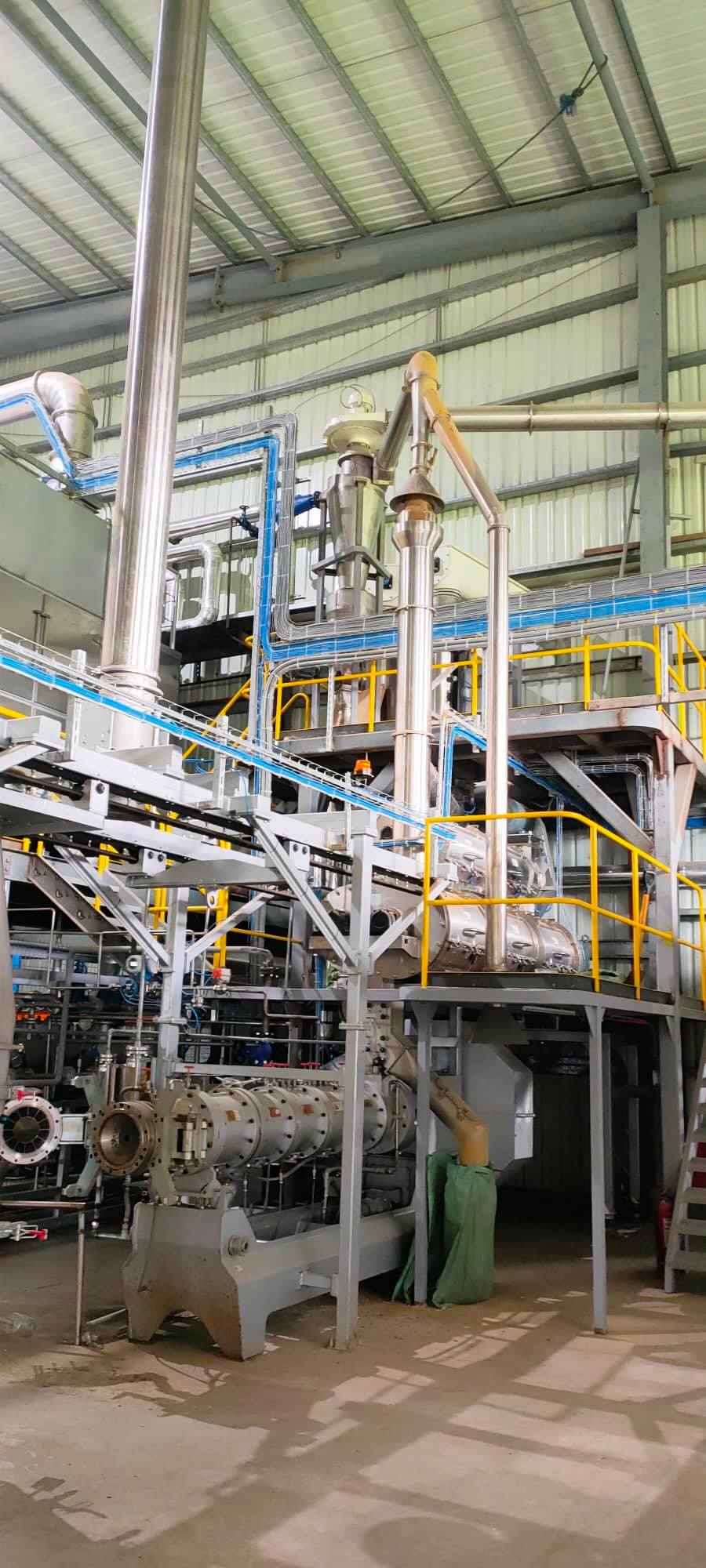Establishing a successful feed mill in the Philippines requires a comprehensive project management approach. Feed mill project management involves the planning, execution, and oversight of all activities necessary to bring a feed production facility from concept to reality. This process encompasses a wide range of considerations, from understanding the local industry landscape to building a skilled team and effectively managing risks.
In the Philippines, where the agricultural sector plays a vital role in the economy, the development of efficient and sustainable feed mills is crucial. These facilities provide essential nutrients for livestock and poultry and contribute to the nation’s overall food security and economic growth. Navigating the complexities of feed mill project management in the Philippine context requires a strategic and well-informed approach.
Understanding the Feed Mill Industry in the Philippines
The Philippines’ feed mill industry is a dynamic and rapidly evolving sector characterized by both opportunities and challenges. Feed mills in the country produce a variety of animal feeds, including those for poultry, swine, and aquaculture. The industry is influenced by factors such as government regulations, market demand, and the availability of raw materials.
To successfully manage a feed mill project in the Philippines, it is essential to have a deep understanding of the local industry landscape. This includes analyzing market trends, identifying key players, and understanding the regulatory environment. By gaining this knowledge, project managers can make informed decisions, anticipate potential roadblocks, and develop strategies to navigate the unique dynamics of the Philippine feed mill industry.
Building a Team for Feed Mill Project Management
Assembling a skilled and dedicated team is critical to successful feed mill project management in the Philippines. The project team should comprise individuals with diverse expertise, including:
- Project Managers: Experienced professionals who can oversee the entire project lifecycle, coordinate team members, and ensure timely completion.
- Technical Experts: Engineers, technicians, and specialists who can design, install, and maintain the feed mill’s equipment and infrastructure.
- Regulatory Compliance Specialists: Individuals who understand the relevant laws, regulations, and industry standards applicable to feed mill operations in the Philippines.
- Supply Chain Managers: Professionals who can optimize the procurement, logistics, and distribution of raw materials and finished products.
- Financial Analysts: Experts who can develop comprehensive financial models, manage budgets, and ensure the project’s financial viability.
By building a well-rounded team with the necessary skills and expertise, feed mill project managers can navigate the complexities of the Philippine market and increase the likelihood of a successful project outcome.
Setting Goals and Objectives for the Feed Mill Project
Defining clear and measurable goals and objectives is a crucial step in feed mill project management in the Philippines. These targets should align with the overall strategic vision of the feed mill and address key aspects such as:
- Production Capacity: Determining the desired output of the feed mill based on market demand and the available resources.
- Quality Standards: Establish specific quality benchmarks for the feed products that are in line with industry regulations and customer expectations.
- Operational Efficiency: Identifying ways to optimize the feed mill’s processes, minimize waste, and reduce production costs.
- Environmental Sustainability: Incorporating eco-friendly practices and technologies to minimize the feed mill’s environmental impact.
- Financial Performance: Setting financial targets, such as revenue, profitability, and return on investment.
By clearly articulating these goals and objectives, feed mill project managers can develop a comprehensive roadmap for the project, allocate resources effectively, and measure the success of the initiative.
Budgeting and Resource Allocation for the Feed Mill Project
Effective budgeting and resource allocation are critical components of successful feed mill project management in the Philippines. This process involves:
- Cost Estimation: Accurately estimating the capital expenditures required for the feed mill’s construction, equipment, and infrastructure, as well as the ongoing operational expenses.
- Funding Sources: Identifying and securing the necessary financial resources, which may include a combination of equity investments, loans, and government incentives.
- Resource Allocation: Efficiently distributing the available financial, human, and material resources to the various project activities, ensuring optimal utilization and timely completion.
- Financial Modeling: Developing comprehensive financial models to analyze the project’s profitability, cash flow, and long-term viability.
- Contingency Planning: Allocating funds for unexpected expenses or delays, ensuring the project’s financial resilience.
By meticulously planning and managing the feed mill project’s budget and resources, project managers can minimize financial risks, ensure the project’s financial sustainability, and maximize the return on investment.
Identifying and Managing Risks in Feed Mill Project Management
Feed mill project management in the Philippines involves navigating a complex landscape of potential risks. Effective risk management is essential to ensure the successful completion and long-term viability of the project. Some key risks to consider include:
- Regulatory Compliance: Ensuring the feed mill’s design, construction, and operations comply with all relevant laws, regulations, and industry standards in the Philippines.
- Supply Chain Disruptions: Mitigating the impact of potential disruptions in the supply of raw materials, equipment, or transportation.
- Market Volatility: Adapting to changes in market demand, competition, and pricing that may affect the feed mill’s profitability.
- Technological Challenges: Address any issues or breakdowns in the feed mill’s equipment and infrastructure, and keep up with technological advancements.
- Environmental and Safety Concerns: Implementing measures to minimize the feed mill’s environmental impact and ensure the safety of workers and the surrounding community.
Feed mill project managers can enhance the project’s resilience and increase the likelihood of long-term success by proactively identifying, assessing, and developing mitigation strategies for these and other risks.
Conclusion
Successful feed mill project management in the Philippines requires a comprehensive and strategic approach addressing various key considerations. From understanding the local industry landscape to building a skilled team and effectively managing risks, feed mill project managers must navigate a complex landscape to bring their vision to life.
By leveraging the insights and best practices outlined in this article, feed mill project managers in the Philippines can increase their chances of delivering a successful and sustainable feed production facility. By prioritizing key factors such as goal-setting, budgeting, and risk management, they can drive the growth and development of the feed mill industry, contributing to the overall prosperity of the Philippine agricultural sector.
To learn more about successful feed mill project management in the Philippines, contact our team of experts today. We offer comprehensive consulting services to help you navigate the complexities of the feed mill industry and achieve your project goals.

